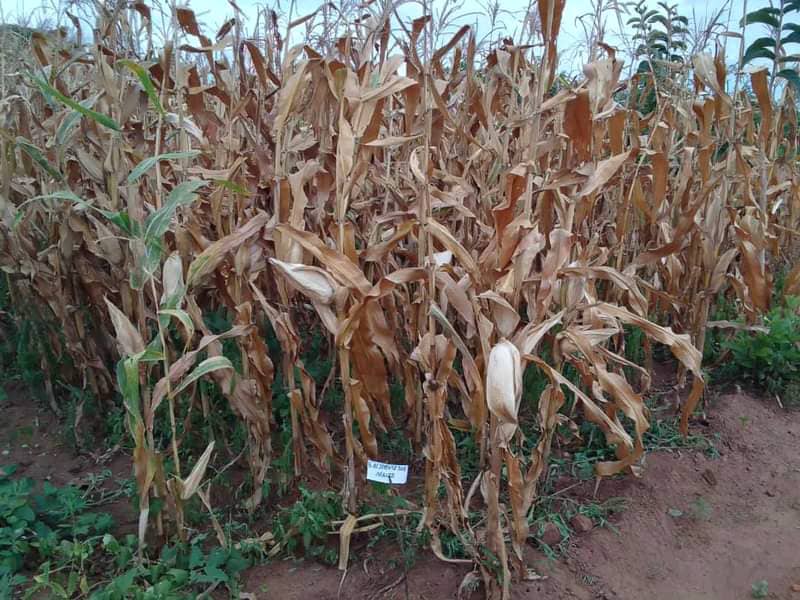By Burnett Munthali
Agricultural authorities in Phalombe District have emphasized the importance of strengthening agricultural demonstrations and model fields to help farmers access modern farming advice in the face of climate change impacts.DPP’s top brass storm Mazengera for Mega Rally in a show of strength and unity
One of the agricultural advisors in the Phalombe District Council, Misheck Jegere, has stated that offering advice to farmers without practically demonstrating what has been learned can disrupt the implementation of modern farming methods.Ekhaya 2, Wanderers 0
He made these remarks during a farming exhibition organized by the National Smallholder Farmers Association of Malawi (NASFAM) in the agricultural area of Kasongo, where farmers learned techniques for cultivating crops such as rice, maize, and soya.
One of the farmers who participated in the exhibition, Ebert Benjamin, said such events are important and urged fellow farmers to join agricultural groups in order to access modern farming guidance.Peter Mukhito Supports Muslim Community with Ramadan food donation
NASFAM advisor Makina Chinawa expressed confidence that the farmers will make good use of the knowledge they gained during the exhibition.
The initiative is seen as a critical step in adapting to the realities of climate change, which continues to affect agricultural productivity across Malawi.Return to proven leadership: Mbekeani dumps UTM for DPP ahead of 2025 Elections
With unpredictable rainfall patterns and extended dry spells becoming more frequent, the need for timely and practical agricultural advice has never been greater.
Demonstration fields allow farmers to witness firsthand the effectiveness of modern techniques and compare results with traditional methods.
Through structured interactions, farmers can ask questions, receive clarification, and replicate the practices in their own fields.
Moreover, belonging to farmer groups helps create a support network where experiences are shared, innovations are adopted faster, and collective bargaining for inputs and markets becomes possible.
By bringing together agricultural experts, farmer groups, and civil society organizations like NASFAM, such exhibitions bridge the knowledge gap between policy and practice.
As the agricultural sector grapples with climate uncertainty, this model of hands-on learning and community engagement might be the key to achieving food security in rural Malawi.
Farmers like Ebert Benjamin serve as examples of how embracing knowledge and collaboration can create resilience in the face of adversity.
And for advisors like Misheck Jegere, the message is clear: teaching by doing is the most effective way to transform agriculture in a changing climate.
It is hoped that initiatives like these will continue across more districts, empowering more farmers with the tools they need to thrive.




